Curd, also known as yogurt, is a staple in many households worldwide. This versatile dairy product is not only delicious but also packed with essential nutrients that offer numerous health benefits. From enhancing digestion to boosting immunity, curd plays a significant role in promoting overall well-being. In this blog, we explore the various uses of curd, its nutritional value, and the many ways it can enhance your health.
Table of Contents
What is Curd?
Curd is a fermented dairy product made by adding a bacterial culture to milk. The fermentation process transforms lactose in milk into lactic acid, giving curd its tangy taste and creamy texture. It is widely consumed across the globe in various forms and is a key ingredient in numerous recipes.
Uses of Curd
Curd is a highly versatile food item with multiple culinary and non-culinary applications:
Culinary Uses:
-Standalone Dish: Consumed as a refreshing snack or side dish.
-Ingredient: Used in smoothies, desserts, curries, and marinades.
-Probiotic Beverage: Incorporated into drinks like lassi and buttermilk.
-Dips and Sauces: Forms the base for dips like raita and dressings.
Non-Culinary Uses:
-Skincare: Curd is used in face masks for its moisturizing and brightening properties.
-Haircare: Acts as a natural conditioner, reducing dandruff and promoting healthy hair.
-Home Remedies: Used to soothe sunburns, reduce acidity, and alleviate digestive issues.
Nutritional Value of Curd
Curd is a nutrient-dense food that provides a wide array of vitamins, minerals, and macronutrients. Below is the nutritional profile of 100 grams of plain curd:
| Nutrient | Amount |
|---|---|
| Calories | 60 kcal |
| Protein | 3.5 g |
| Fat | 3.2 g |
| Carbohydrates | 4.7 g |
| Calcium | 120 mg |
| Phosphorus | 95 mg |
| Potassium | 150 mg |
| Vitamin B12 | 0.4 μg |
| Riboflavin (B2) | 0.14 mg |
| Probiotics | Present |
Note: Values may vary slightly based on the type of milk used.
Health Benefits of Curd
Curd is not just a tasty addition to your diet; it’s also a nutritional powerhouse. Here are some of the key health benefits of curd:
- Improves Digestion: Curd is rich in probiotics, which are beneficial bacteria that improve gut health. Regular consumption aids in digestion, reduces bloating, and alleviates constipation.
- Boosts Immunity: The probiotics in curd enhance the body’s immune response by maintaining a healthy balance of gut flora. A strong gut microbiome is crucial for preventing infections and illnesses.
- Strengthens Bones and Teeth: Packed with calcium and phosphorus, curd supports strong bones and teeth. It is particularly beneficial for growing children, pregnant women, and older adults prone to osteoporosis.
- Promotes Heart Health: Consuming low-fat curd can help reduce bad cholesterol (LDL) levels while maintaining good cholesterol (HDL), thus lowering the risk of heart disease.
- Weight Management: Curd is low in calories and high in protein, making it an excellent food for weight loss. It keeps you satiated for longer, reducing unnecessary snacking.
- Reduces Stress and Anxiety: Studies suggest that probiotics in curd can influence brain activity, reducing stress and anxiety. It’s a great comfort food that positively affects mental health.
- Enhances Skin Health: The lactic acid in curd acts as a natural exfoliant, removing dead skin cells and promoting a brighter complexion. Its moisturizing properties help combat dryness and irritation.
- Improves Hair Quality: Curd’s high protein content nourishes hair, while its antifungal properties combat dandruff. Regular application can lead to shinier and stronger hair.
How to Include Curd in Your Diet
Incorporating curd into your daily meals is simple and versatile. Here are some ideas:
- Start your day with a bowl of curd mixed with fresh fruits and honey.
- Add a dollop of curd to your curries for a creamy texture and tangy flavor.
- Use it as a base for smoothies, blending it with your favorite fruits and nuts.
- Replace mayonnaise with curd in sandwiches and wraps for a healthier option.
- Make refreshing summer drinks like lassi or buttermilk to stay cool.
Curd: A Global Perspective
Curd is known by various names and consumed differently around the world. For instance:
- In India, curd is a staple, often paired with rice or used in raita.
- In the Mediterranean, it’s a base for tzatziki sauce.
- In Middle Eastern cuisine, strained curd (labneh) is popular as a spread.
- In Western countries, it’s commonly enjoyed as yogurt with fruits and granola.
Tips for Choosing and Storing Curd
- Opt for plain, unsweetened curd to avoid added sugars and artificial flavors.
- Always check the label for live and active cultures to ensure probiotic content.
- Store curd in the refrigerator and consume it within the expiry date for the best taste and benefits.
Potential Precautions
While curd is highly beneficial, some individuals should exercise caution:
- Lactose Intolerance: Those with lactose intolerance should consume curd in moderation or opt for lactose-free alternatives.
- Cold Sensitivity: If you are prone to colds or respiratory issues, avoid eating curd at night or in cold weather.
Final Thoughts
Curd is a versatile and nutritious food that deserves a place in everyone’s diet. From enhancing gut health to improving skin and hair, its benefits are extensive. Whether you enjoy it plain, as part of a recipe, or in a skincare routine, curd is truly a powerhouse of health. Make it a part of your daily routine and reap its numerous advantages for a healthier, happier you.
Start incorporating curd into your diet today and experience the transformation in your health and well-being!

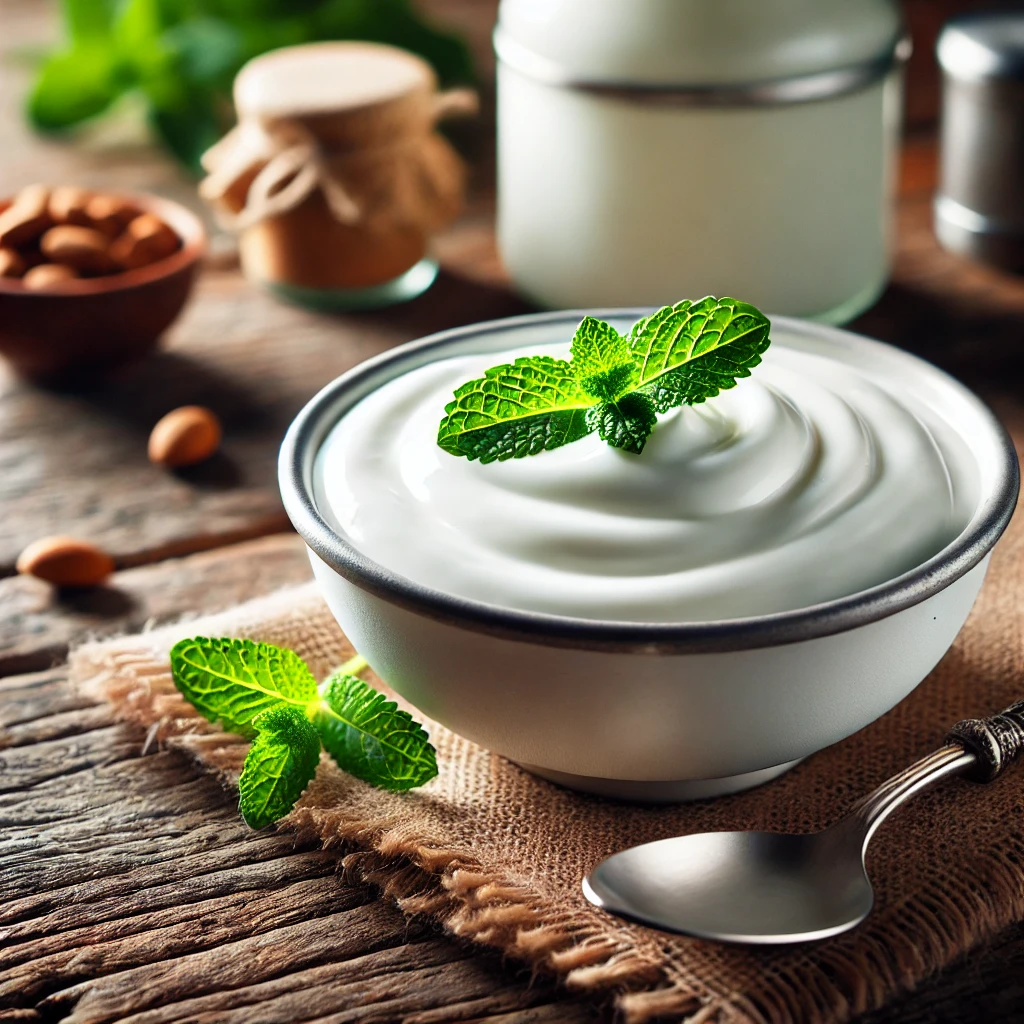
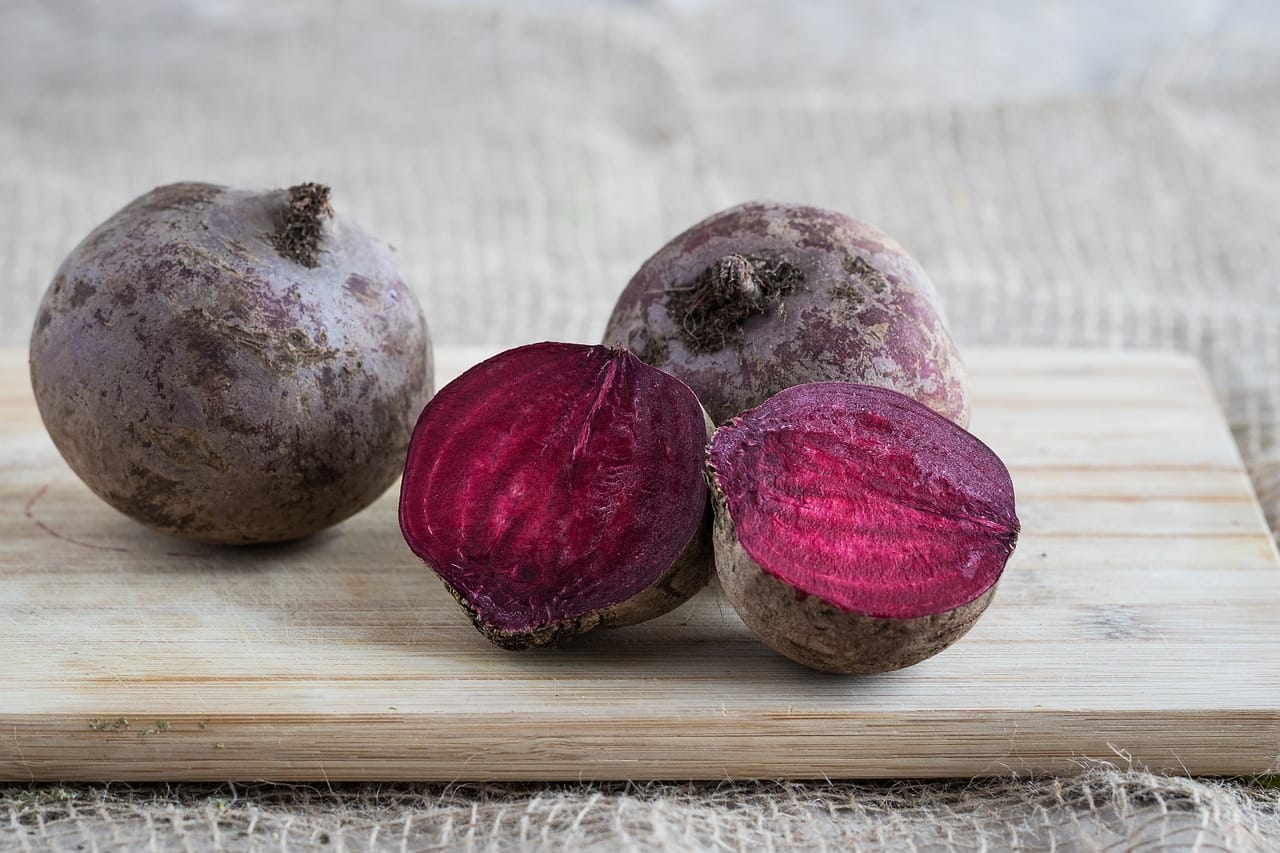
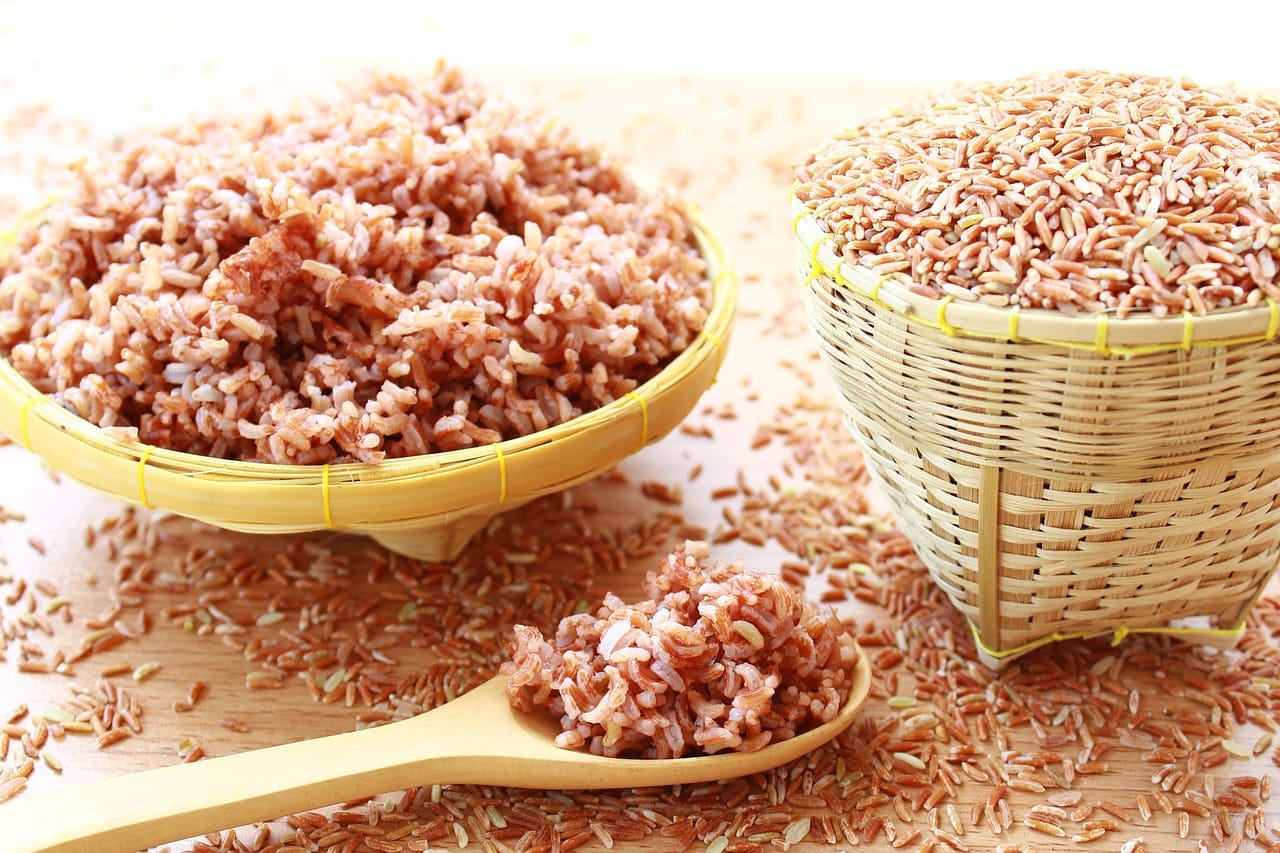
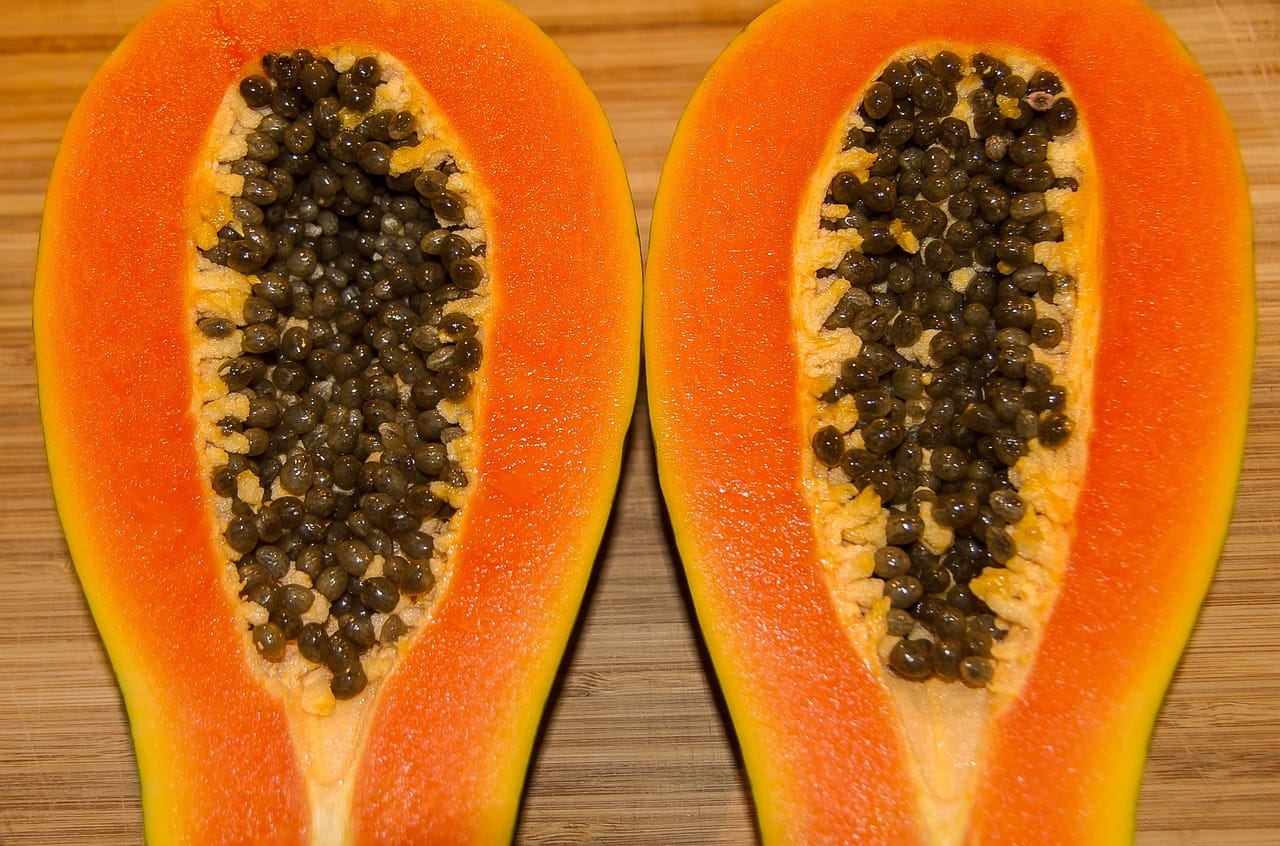
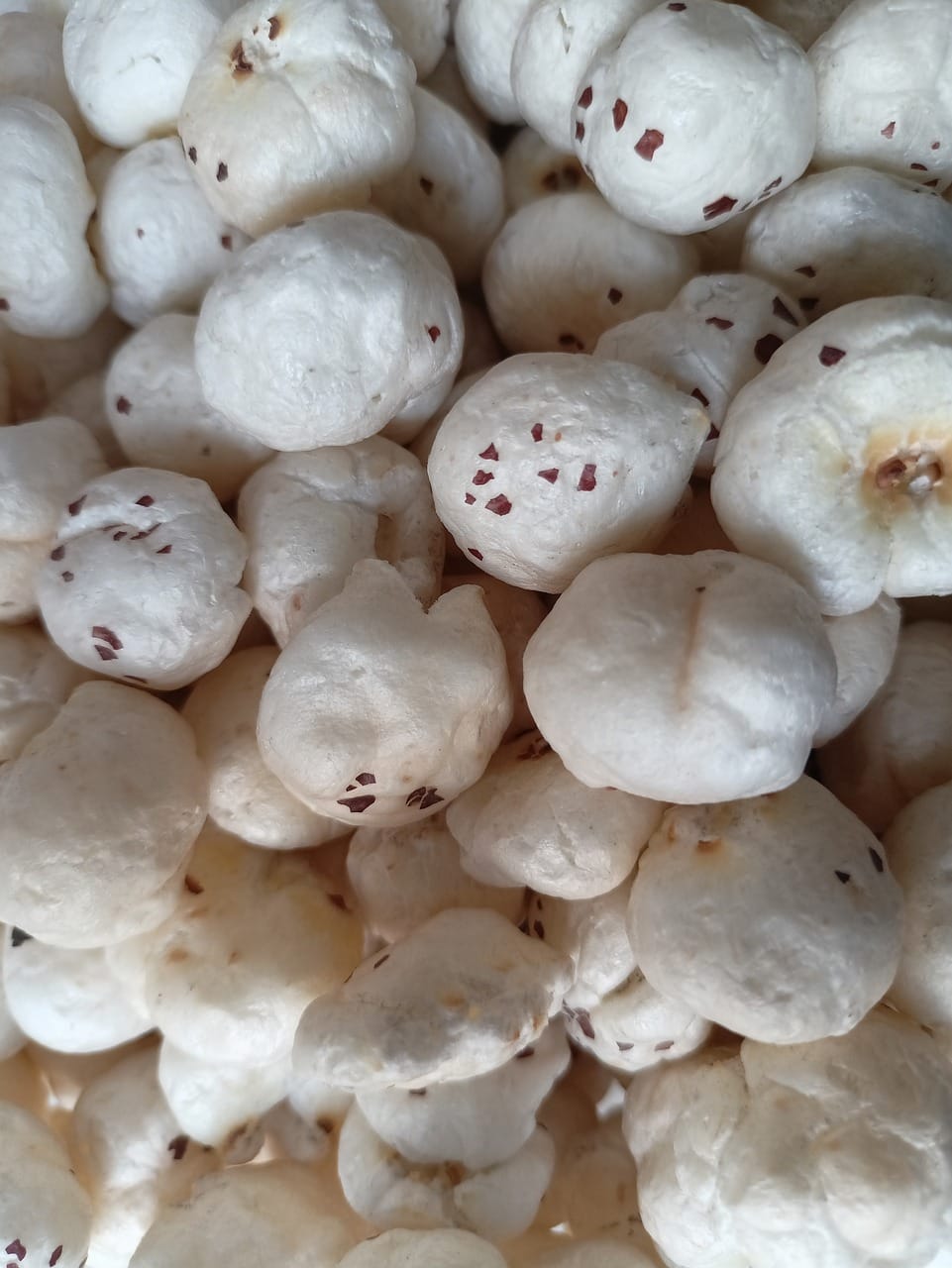

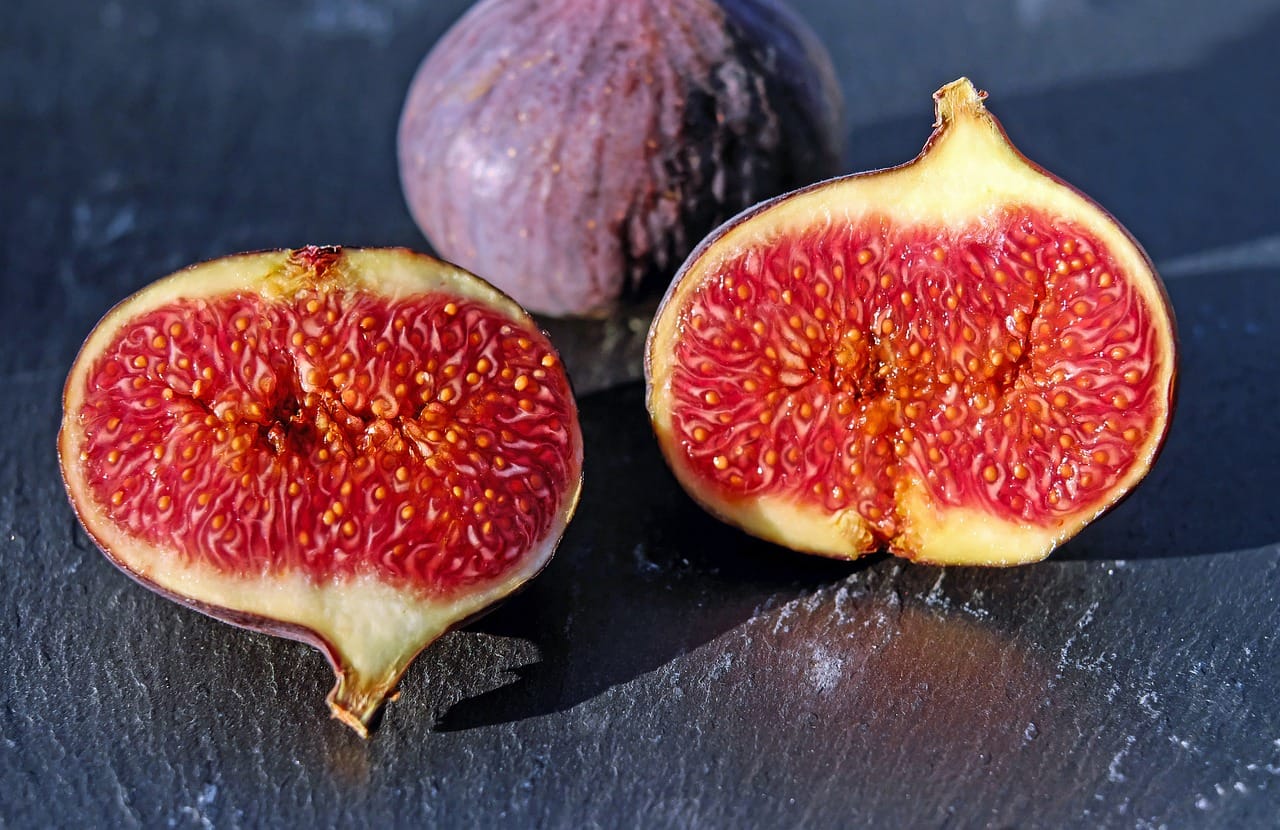

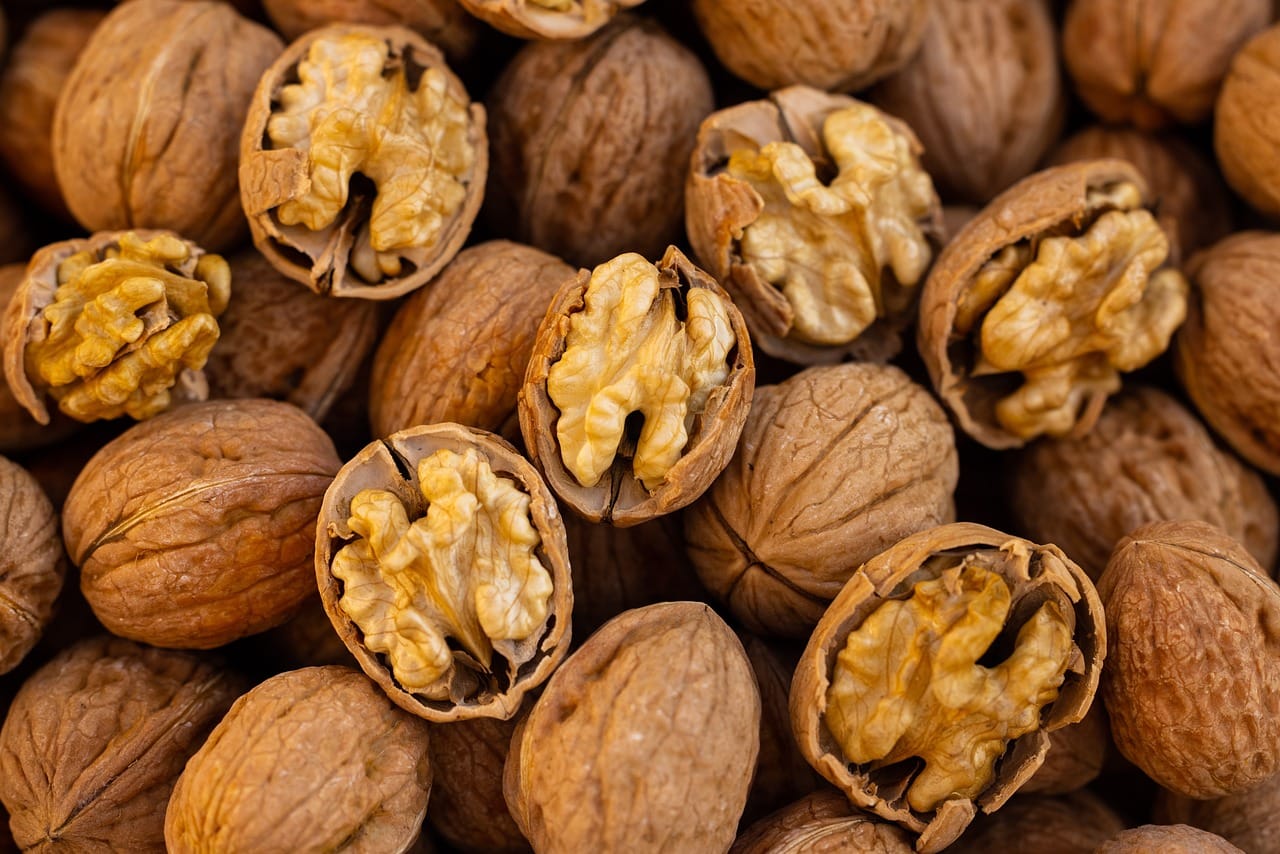
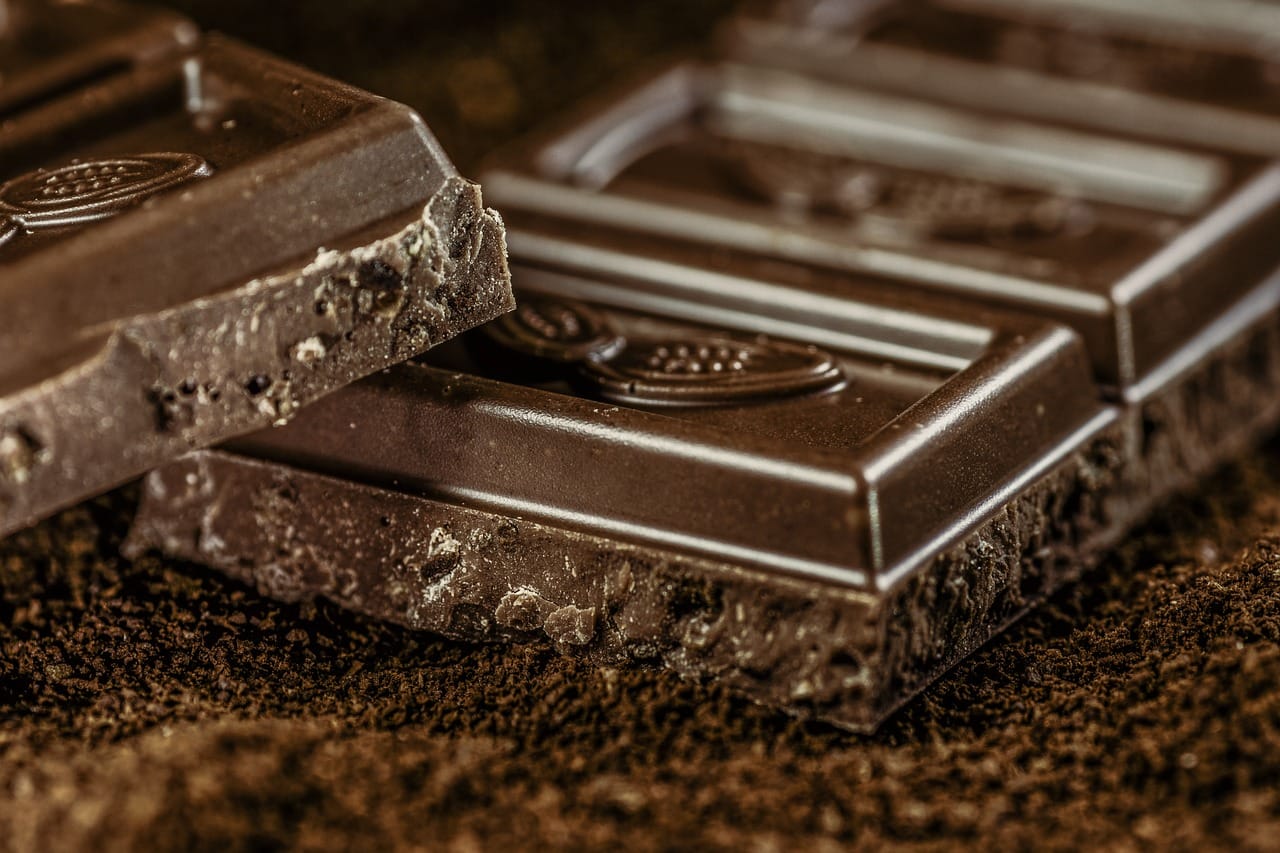


Leave a Reply